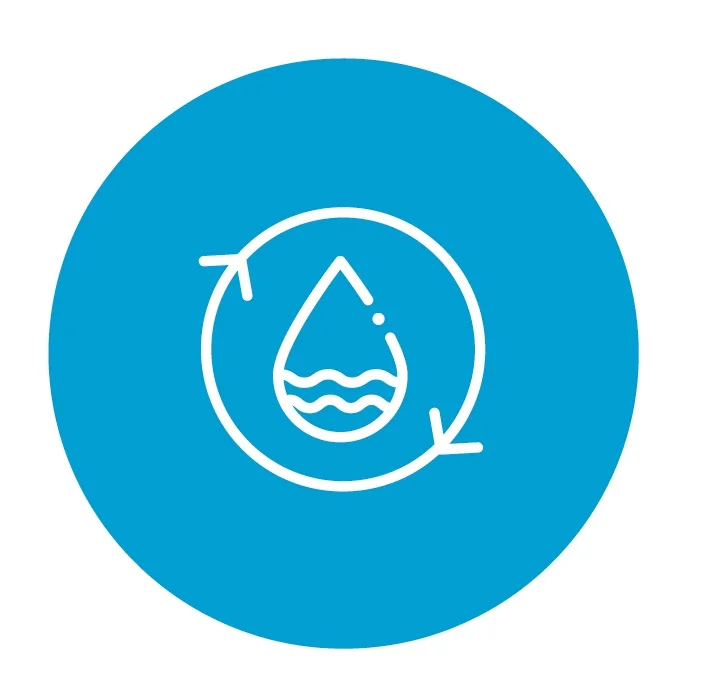Water Quality
Hydropower development may change water movement along a river, while water impounded behind a dam may create a new lake or alter an existing lake. If not managed sustainably and responsibly, hydropower development can impact water quality.
Fortunately, there is considerable knowledge and experience globally of the mitigation measures that can be employed to avoid, minimise and mitigate water quality related impacts from hydropower developments.
At the preparation stage, the project Environmental and Social Impact Assessment (ESIA) should include evaluation of the water quality impacts of the proposed hydropower project. A systematic approach to identifying and evaluating water quality status and potential impacts and risks needs to be taken. At the implementation and operation stages, examples of measures that might be put in place as part of the Environmental and Social Management Plan (ESMP) to manage water quality include reforestation, creation of protected areas, sediment traps or drainage collection points.
Understanding good practice
Adhering to good practice in this area can help a to ensure that water quality in the vicinity of the project is not adversely impacted by the activities of the operator and that ongoing or emerging water quality issues are identified, monitored and addressed.
The Hydropower Sustainability Guidelines on Good International Industry Practice address the management of water quality in relation to hydropower project development and operation.
Assessing project performance
Two assessment tools are available to measure hydropower project performance:
In Hydropower Sustainability Assessment Protocol (HSAP), Water Quality is addressed in P-21 for the preparation stage, I-17 for the implementation stage and O-17 for the operation stage.
In Hydropower Sustainability ESG Gap Analysis Tool, Water Quality is addressed in Section 3.







